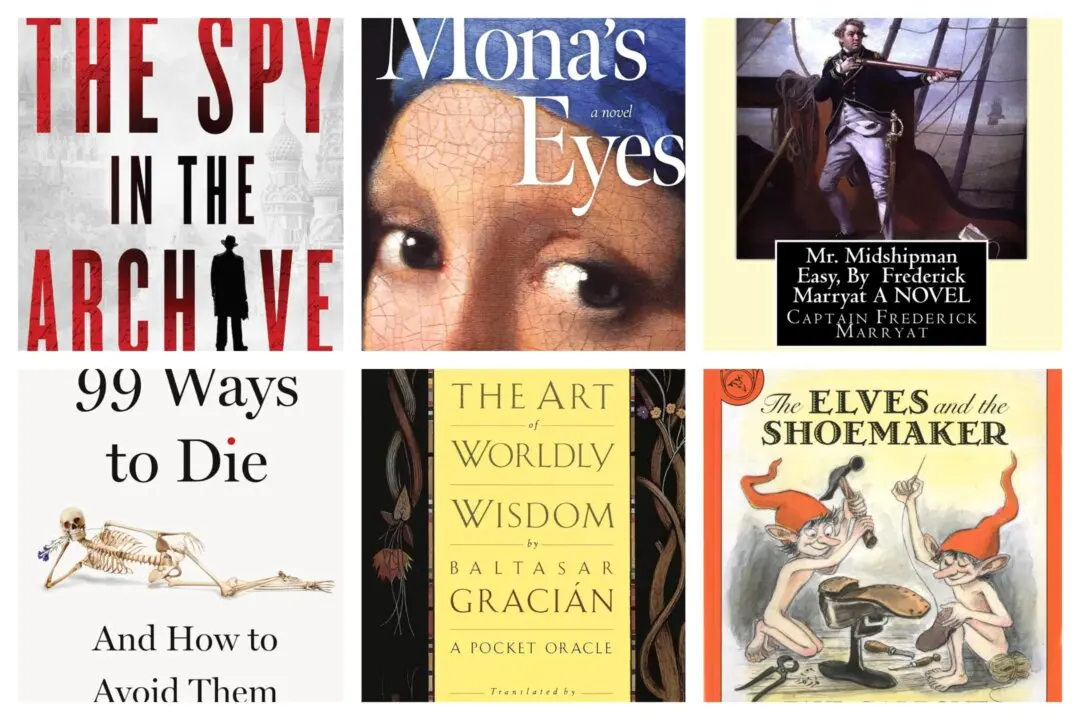The importance of educating our children about the history of the United States and how its government works have become ever-pressing in recent years. The typical teenager can’t answer even the most elementary questions about either. Our free society, in which citizens elect their representatives, is dependent upon an educated populace.
John De Gree, founder of Classical Historian, recognizes this urgent need and has created resources for parents to use in teaching their children about these fundamental ideas. His latest release is a set of educational workbooks centered on American civics and geared toward elementary-aged students.






